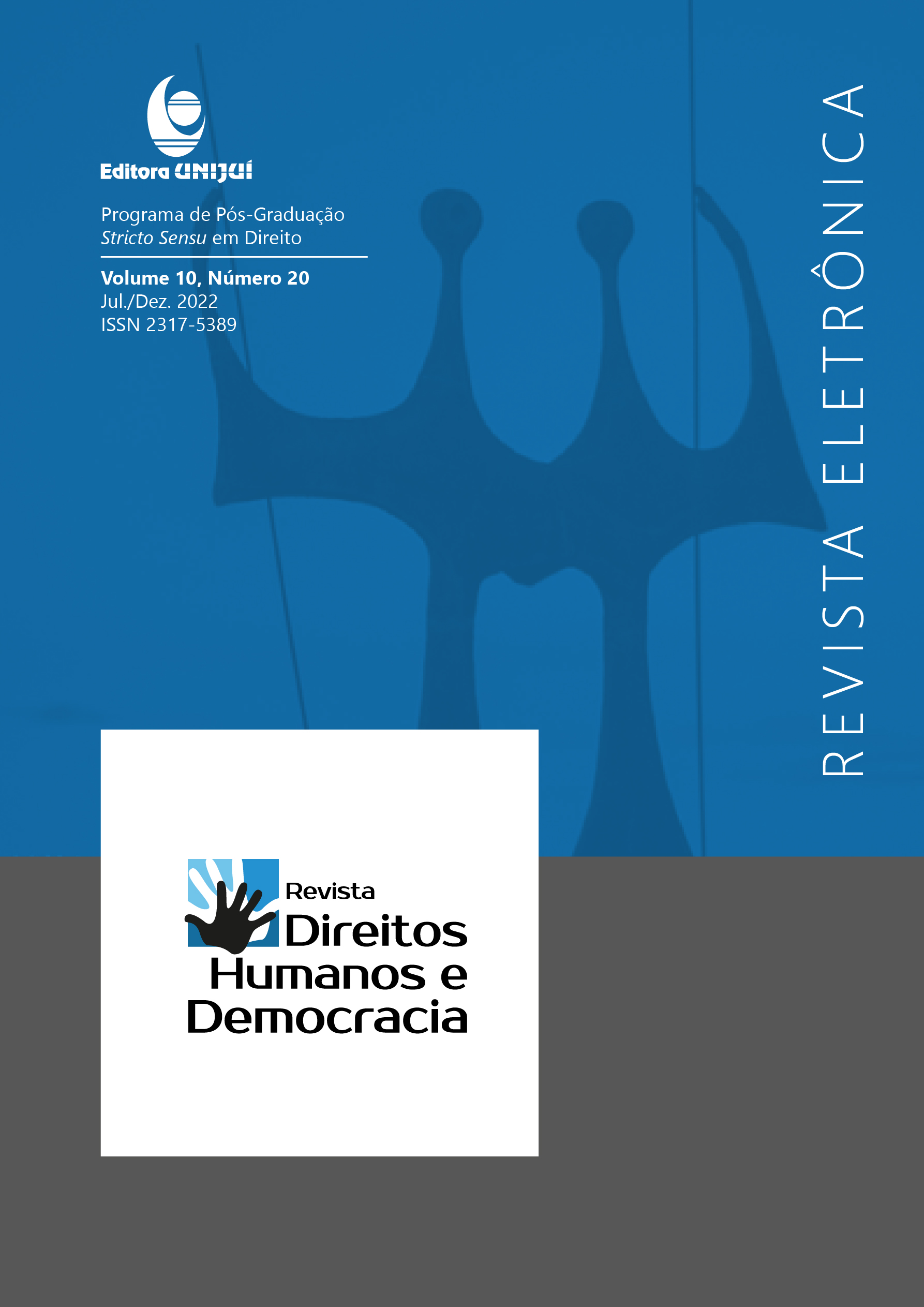State violence and trauma: peasants from the Guerrilha do Araguaia
DOI:
https://doi.org/10.21527/2317-5389.2022.20.12479Keywords:
Guerrilha do Araguaia, Camponeses, Violência, TraumaAbstract
Brazil has experienced a long dictatorial period in its history, marked by state repression and suppression of rights. One of the most violent acts of that moment was known as Guerrilha do Araguaia, in which the Armed Forces (FFAA) carried out a sequence of operations in order to eliminate the guerrillas and any traces of a possible communist uprising. Among the forces of the State and the guerrillas were the peasants who were victims of the most diverse types of violence because of their belief in their participation in the movement or in search of their collaboration in capturing the guerrillas. Through a descriptive-analytical study, this work aims to make a topology of the types of violence perpetrated on the peasants and analyze their updates based on the non-overcoming of the trauma. For this purpose, testimonies from military personnel available in literature were used, as well as the reading of peasants' cases that had been processed by the Amnesty Commission linked to the Ministry of State and Justice (MJ) and the Ministry of Family, Women and Human Rights (MDH). As a result, we highlighted five types of violence ranging from torture to total extermination. We conclude that the suffering inflicted does not cease to be present due to the impossibility of overcoming the trauma due to the absence of a national reparation project.
Downloads
Published
How to Cite
Issue
Section
License
Copyright (c) 2022 Revista Direitos Humanos e Democracia

This work is licensed under a Creative Commons Attribution 4.0 International License.
By publishing in the Revista Direitos Humanos e Democracia, authors agree to the following terms:
Articles are licensed under the Creative Commons Atribuição 4.0 Internacional (CC BY 4.0), which allows:
Share — copy and redistribute the material in any medium or format;
Adapt — remix, transform, and build upon the material for any purpose, including commercial use.
These permissions are irrevocable, provided the following terms are respected:
Attribution — authors must be properly credited, with a link to the license and indication of any modifications made;
No additional restrictions — no legal or technological measures may be applied that restrict the use permitted by the license.
Notices:
The license does not apply to elements in the public domain or covered by legal exceptions.
The license does not grant all rights required for specific uses (e.g., image rights, privacy, or moral rights).
The journal is not responsible for opinions expressed in the articles, which remain the sole responsibility of the authors. The Editor, with the support of the Editorial Committee, reserves the right to suggest or request modifications when necessary.
Only original scientific articles presenting research results of interest, not previously published or simultaneously submitted to another journal with the same purpose, will be accepted.
References to trademarks or specific products are intended solely for identification purposes and do not imply any promotional endorsement by the authors or the journal.
License Agreement: Authors retain copyright over their articles and grant the Revista Direitos Humanos e Democracia the right of first publication.













